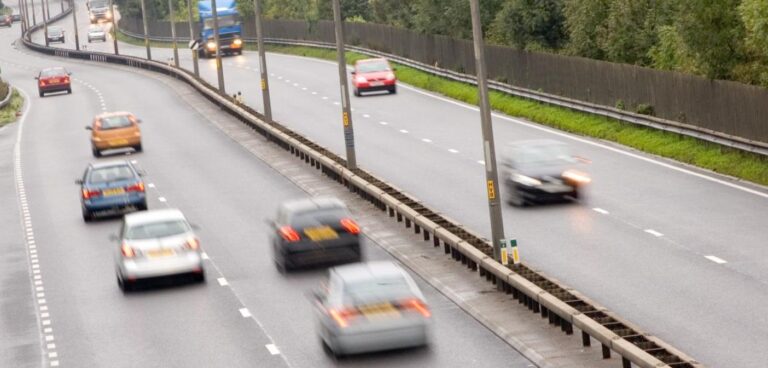UK-based road safety charity Iam RoadSmart has released a statement saying that the UK government and car markers need to prioritise delivering driver training as part of the upcoming self-driving vehicle plan worth £100m.
The government recently outlined its plans for self-driving vehicles to be rolled out on UK roads from 2025, with some vehicles with autonomous features operating on motorways as soon as next year.
Iam RoadSmart has urged the House of Commons Transport Committee to make sure that self-driving vehicles do not negatively impact road safety.
The charity’s main concern is the level of knowledge of current UK motorists, it claiming that most road users currently have no direct experience of autonomous vehicles and that assumptions about the vehicles’ safety are not based on real-world testing on UK roads.
The road safety body conducted research in partnership with Southampton University, which it claims showed a potential over-reliance on self driving features, but that coaching was shown to improve drivers’ safety in simulated scenarios.
The charity has urged car makers and government to educate drivers about the technology, to help them understand that they still must pay attention and to learn how different types of roads users, such as pedestrians, cyclists and motorcycles, might interact with autonomous systems.
Neil Greig, policy and research director at Iam RoadSmart, said: “We support the government’s intention to make the UK a world leader in driverless technology, but there is a critical need to train drivers in the new skills they will need to safely control increasingly autonomous cars.
“Research shows clearly that drivers who know what to expect if an autonomous car suddenly hands back control are better able to deal with the situation calmly and safely.
“It is vital that the government works with the DVSA and training providers, such as IAM RoadSmart, to develop new resources to educate drivers.
“Thankfully, people are moving away from the assumption that self-driving cars will remove the 90 per cent of collisions allegedly caused by human error. With further research we can understand all the factors that may play a part in future collisions.”
According to the charity, the newly launched Road Safety Investigation Branch (RSIB) will offer some support in addressing its concerns. It says that evaluating the safety of self-driving cars should be a top priority for the body.
The independent RSIB plans to develop policy based by studying road collisions and autonomous technology, carry out investigations, evaluate safety trends and ensure road safety policy is fit for purpose.





